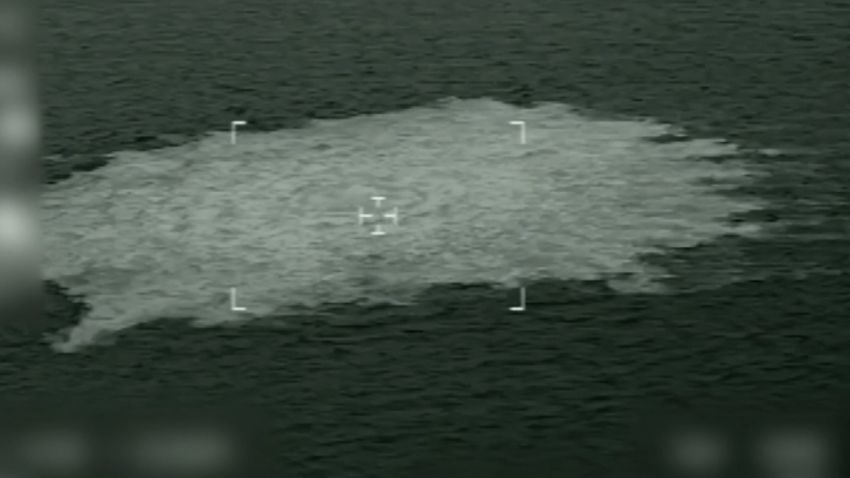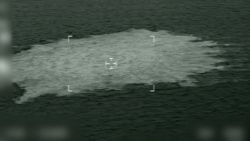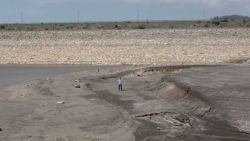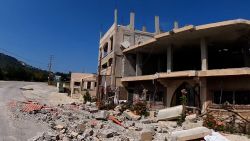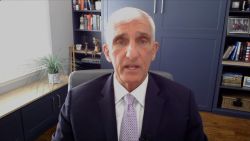European countries on Tuesday raced to investigate unexplained leaks in two Russian gas pipelines running under the Baltic Sea near Sweden and Denmark, infrastructure at the heart of an energy crisis since Russia’s invasion of Ukraine.
Several European officials said sabotage appeared to be the likely cause, while Russia — which built the network — did not rule it out.
Norwegian Minister of Petroleum and Energy Terje Aasland said Tuesday that the initial information received about the leaks indicated “acts of sabotage.” Swedish Prime Minister Magdalena Andersson and her Danish counterpart, Mette Frederiksen, both said the incident was likely “deliberate” but played down the possibility of a military threat.
In Moscow, Kremlin spokesman Dmitry Peskov told reporters,” “No option can be ruled out right now.”
Both pipelines have been flashpoints in an escalating energy war between European capitals and Moscow that has pummeled major Western economies, sent gas prices soaring and sparked a hunt for alternative energy supplies.
According to pipeline operator Nord Stream AG, it is not currently possible to estimate “a timeframe for restoring the gas transport infrastructure.”
In a statement on Tuesday evening, it added that pressure drops in the pipeline suggested there had been physical damage.
German, Danish and Scandinavian security authorities were closely looking at the leaks in the Baltic Sea and investigating their cause, according to German Economy Minister Robert Habeck, who also said German energy supply had not been affected.
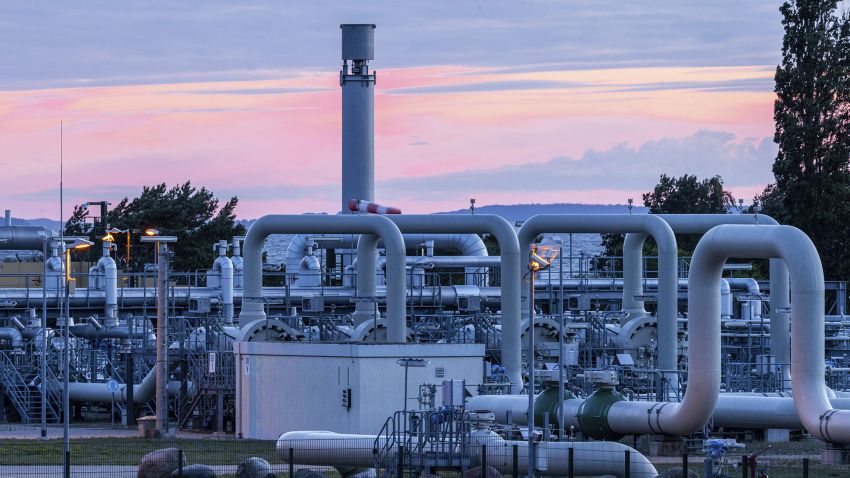
A series of leaks
Earlier in the day, Sweden’s Maritime Authority had issued a warning about two leaks in the Nord Stream 1 pipeline, shortly after a leak on the nearby Nord Stream 2 pipeline was discovered.
Neither pipeline was pumping gas to Europe at the time the leaks were found, but the incidents will scupper any remaining expectations that Europe could receive gas via Nord Stream 1 before winter.
“The destruction that occurred on the same day simultaneously on three strings of the offshore gas pipelines of the Nord Stream system is unprecedented,” said network operator Nord Stream AG. “It is not yet possible to estimate the timing of the restoration of the gas transport infrastructure.”
Although neither were in operation, both pipelines still contained gas under pressure.
Denmark’s energy minister Dan Jorgensen said in a written comment that leaking gas had been detected in Nord Stream 2 on Monday between Russia and Denmark.
Gazprom, the Kremlin-controlled company with a monopoly on Russian gas exports by pipeline, declined comment.
Russia slashed gas supplies to Europe via Nord Stream 1 before suspending flows altogether in August, blaming Western sanctions for causing technical difficulties. European politicians say that was a pretext to stop supplying gas.
The new Nord Stream 2 pipeline had yet to enter commercial operations. The plan to use it to supply gas was scrapped by Germany days before Russia sent troops into Ukraine in February.
European Commission President Ursula von der Leyen said Tuesday that any deliberate act to disrupt European energy infrastructure was “unacceptable and would “lead to the strongest response possible.”
‘Who would profit?’
Experts also agreed that the damage could be intentional.
Jakub Godzimirski, a research professor at the Norwegian Institute of Foreign Affairs who specializes in Russian energy policy, said the leaks could have been technical malfunctions but said sabotage was a possibility.
“There are some indications that it is deliberate damage,” said a European security source, while adding it was still too early to draw conclusions. “You have to ask: Who would profit?”
The leaks happened just before the ceremonial launch on Tuesday of the Baltic Pipe carrying gas from Norway to Poland, a centerpiece of Warsaw’s efforts to diversify from Russian supplies.
Norway’s Petroleum Safety Authority (PSA) had urged oil companies on Monday to be vigilant about unidentified drones seen flying near Norwegian offshore oil and gas platforms, warning of possible attacks.
A spokesperson for the Swedish Maritime Administration (SMA) said there were two leaks on Nord Stream 1, one in the Swedish economic zone and another in the Danish zone, adding that both leaks were in an area northeast of the Danish island Bornholm.
“We are keeping extra watch to make sure no ship comes too close to the site,” a second SMA spokesperson said.
Vessels could lose buoyancy if they enter the area, and there might be a risk of leaked gas igniting over the water and in the air, the Danish energy agency said, adding there were no security risks associated with the leak outside the exclusion zone.
Explosions in an area close to Nord Stream pipelines were detected by seismologists on Monday, however it is unclear if those events were connected to the pipelines.
The leak would only affect the environment locally, which means that only the area where the gas plume in the water column is located would be affected, it said, adding that escaping greenhouse gas methane would have a damaging impact on the climate.
The Danish authorities asked that Denmark’s level of preparedness for the power and gas sector be raised after the leaks, a step that would require heightened safety procedures for power installations and facilities.
“Breaches of gas pipelines happen extremely rarely … We want to ensure thorough monitoring of Denmark’s critical infrastructure in order to strengthen security of supply in the future,” said the head of the Danish energy agency, Kristoffer Bottzauw.
CNN’s Arnaud Siad, Sharon Braithwaite, Henrik Pettersson, Livvy Doherty and Robert North contributed to this report
